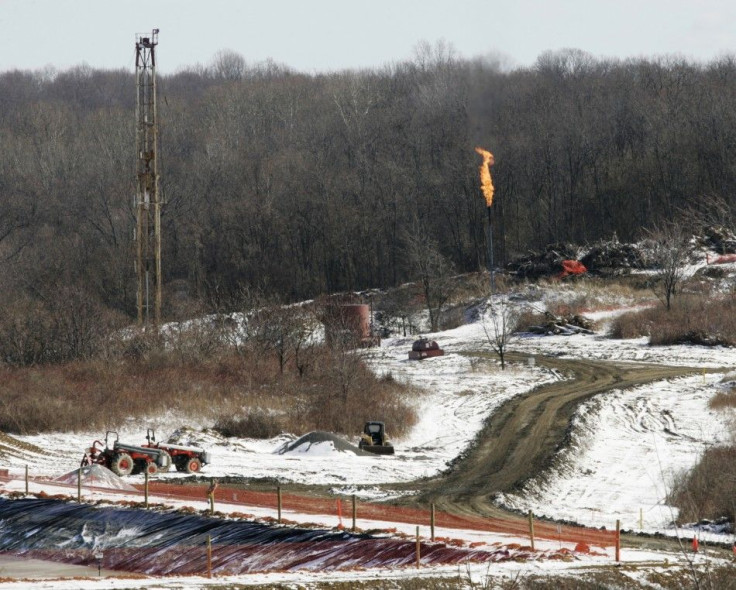API to Host Fracking Workshop in Albany

The American Petroleum Institute will host a hydraulic fracturing workshop in Albany, N.Y., next week as part of its drive to make its case for the drilling technique that has been the source of controversy and debate in recent years.
New York has not made a final determination about the process yet.
The API, an industry supported trade group, has toured the country in areas where hydraulic fracturing, or fracking, is underway and could take place. New York is likely to have substantial natural gas resources, since a large swath of its southerm tier lies on top of the Marcellus Shale formation, which is the source of an energy bonanza in Pennsylvania, West Virginia and Ohio.
The educational workshop in Albany will take place March 7, from noon to 3 p.m., at the Hotel Albany. The workshop is open to the public, but those attending must register here.
The API said the workshop will offer an in-depth discussion with industry leaders to explain how hydraulic fracturing is conducted.
The API workshop comes as New York's own debate on the matter is heating up. State environmental officials are debating whether or not to allow the natural gas mining technique to take place. Two New York State Supreme Court justices last week upheld towns' rights in separate cases to use zoning laws to prohibit natural gas companies from drilling within town limits.
Industry players and trade groups maintain hydraulic fracturing, which extracts natural gas from rock formations underground by blasting it with thousands of gallons of water, sand and drilling chemicals, is safe and has been for decades when the practice was first devised in Texas.
Environmentalists contend fracking contaminates ground water. The conflict has been highlighted in Pennsylvania where several residents in Dimock, Pa., say their domestic water wells are too contaminated to drink. The U.S. Environmental Protection Agency is looking into claims there, and released a draft study from Wyoming in December that suggests hydraulic fracturing there contaminated drinking wells near the town of Pavillion.
© Copyright IBTimes 2024. All rights reserved.











